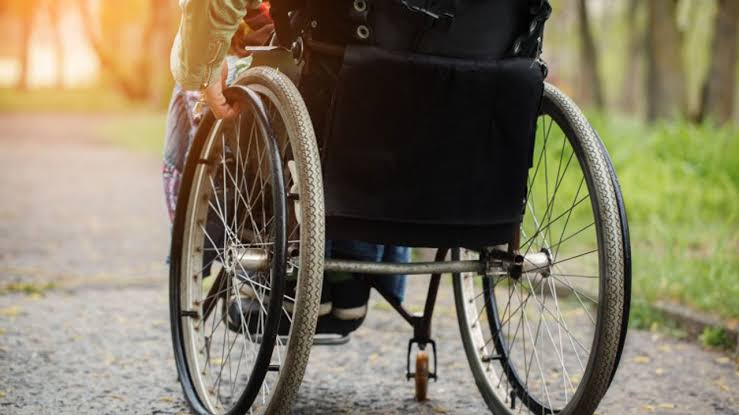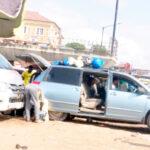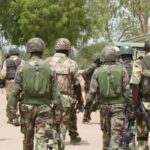Persons Living with Disability (PWDs) in Jos, Plateau State, have voiced their concerns over the worsening economic hardship that is severely impacting their lives.
During an interaction with Daily Trust, the PWDs expressed how the recent nationwide protest in Plateau State further compounded their struggle amid the difficult circumstances with the week-long curfew in the state making it even harder for them to get food.
Idris Mustafa said, “The high cost of living is indeed having a significant impact on our lives because we depend on other people to sustain our lives. To me, hunger has affected almost 90 per cent of Nigerians. During the recent protest, a curfew was imposed in Jos, and it wasn’t easy for us during the period considering that we have to beg every day before we get what to eat.
“We are not getting anything from the government. We do hear about palliatives, but they have not reached us. We depend on ordinary citizens to survive no matter how small it is. But on the side of the government, we are not seeing anything.”
- ‘Their retirement long overdue’, Dokpesi Jnr justifies Shake-up at DAAR Communications
- US, Nigeria working to maximise benefits of AI in military operations
Musa Garba, another PWD, said, “The current economic hardship has also taken a toll on us. When the economy is already biting hard, the government-imposed curfew added salt to injury. We couldn’t go out to beg for food.”
Musa Abdullahi, said, “We have found ourselves in a difficult situation. If we are able to get something from Good Samaritans, we manage to buy garri because we can no longer afford rice or corn flour.
“Despite our dire needs, we have not received any palliatives from the government. As life becomes increasingly difficult, it is crucial that both the government and affluent individuals extend their support to us. We have repeatedly reached out to the government for assistance, but our pleas have been met with indifference.”
The PWDs, therefore, appealed to both the federal and state governments to recognise their rights as Nigerian citizens and provide the support they were entitled to.
They said that, like every other citizen, they deserved access to resources and assistance, urging the authorities to prioritise their welfare in policy decisions and palliative distribution.

 Join Daily Trust WhatsApp Community For Quick Access To News and Happenings Around You.
Join Daily Trust WhatsApp Community For Quick Access To News and Happenings Around You.


